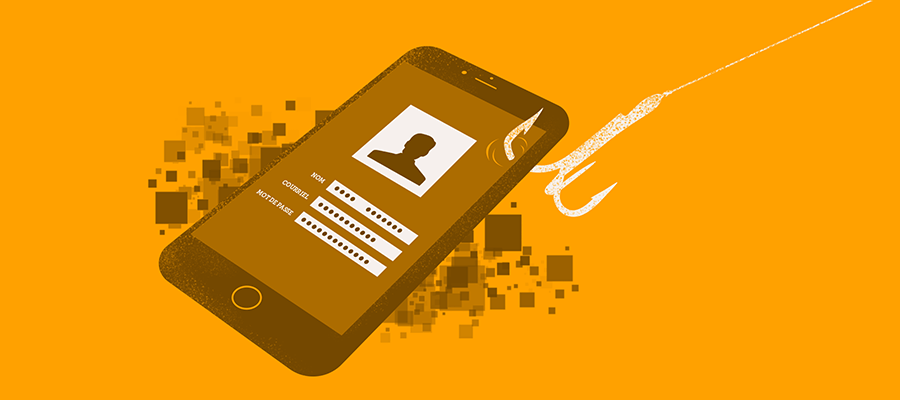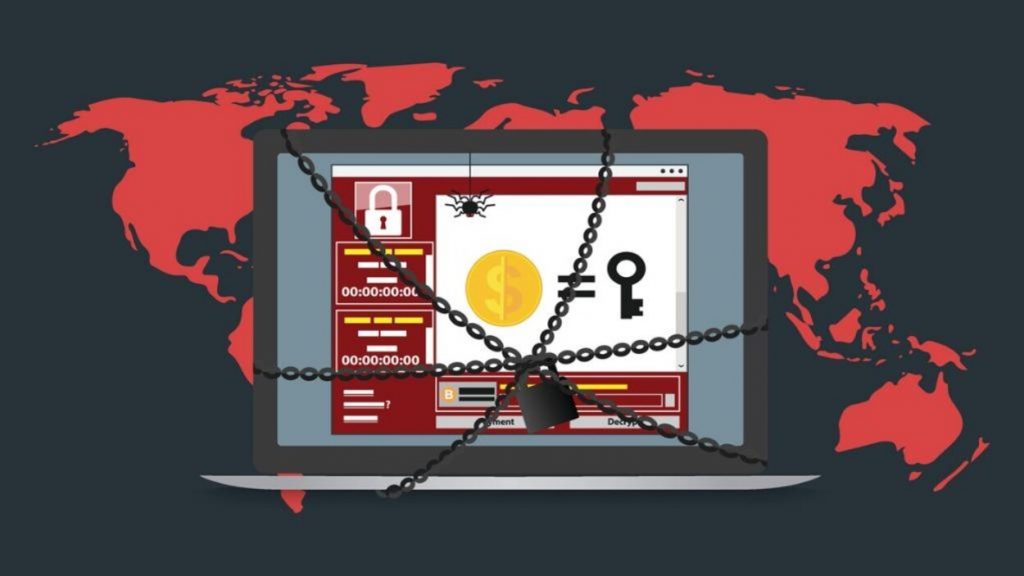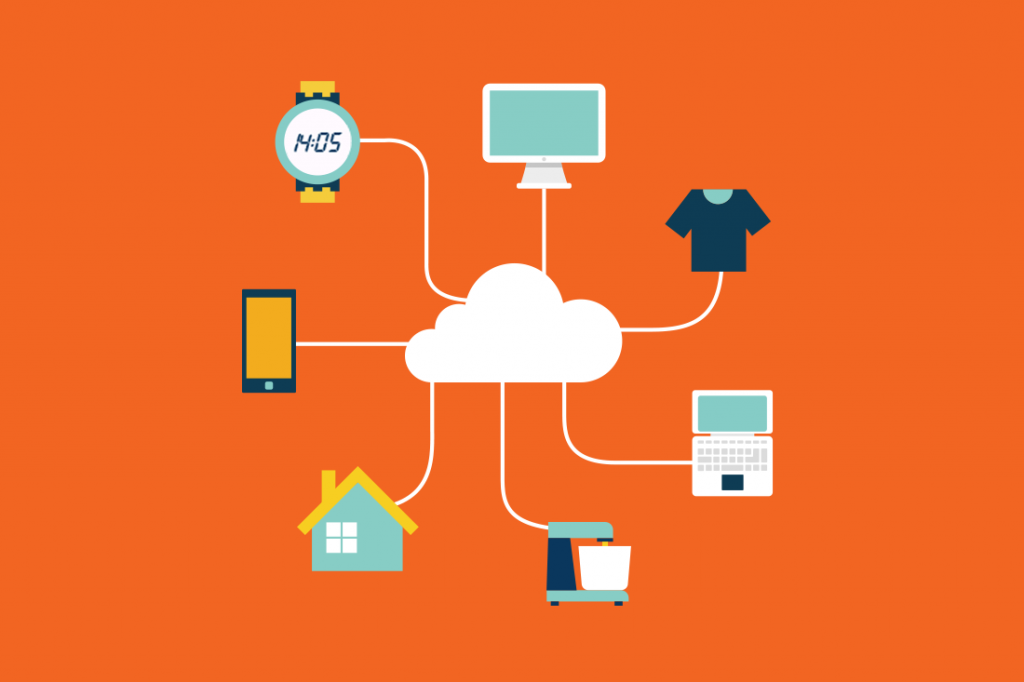
Cybersecurity and computer threats
2020 was a fairly prolific year for the expression of cybercrime as a whole.
Because of telework and the much increased use of computers and the Internet, hackers have never been more comfortable.
This article will also interest you: Computer threats and the behavior of insurance houses
According to the U.S. Federal Police, computer attacks literally quadrupled in 2020. With such a rise in computer threat and online crime, it was recorded nearly 1 trillion losses in a single calendar year. A record like we’ve never seen before.
In a report of the World Economic Forum, it was pointed out that the chance of being able to stop and judge a cybercriminal under such conditions defined by state laws represents that 0.05%, in other words, they are almost nil. It is for this reason that users, especially businesses, are recommended to be much more resilient. It is for this reason that we must be very attentive to the various threats that continue to proliferate and cause much more damage.
1- Social engineering

For some time it should be noted that this practice has grown. Especially in 2020 with the explosion of telework. Computer security experts attribute a third of the security flaws to it, saying it is dangerous.
As a reminder, this technique allowed the attack on the social network Twitter, a cyberattack that was considered the most significant incident in its history. The hackers then managed to exploit the data of the company’s employees, which was mostly in remote working mode.
2- Phishing

Phishing, in French phishing is an ancient practice is very common in the field of cybercrime. In 2020, this practice literally exploded following the trend of telework. And according to the various observations, 2021 will not be the year that will be left behind. Experts are observing a potential advance of the threat. According to Cisco, 95% of security vulnerabilities in corporate networks are usually due to fraudulent emails used in phishing. For this reason that awareness around emails will pick up more and more. Because phishing spreads even more through fraudulent email.
3- Ransomware

Today, without hesitation we can mark the fact that ransomware threats are the most well-known of cybercrime. Indeed, one cannot be informed of a security incident every month. At any time the news is paid in any way by a ransomware attack. To make it simpler, hackers through ransomware literally have the wind in their sails. Today, with the ease that some companies have taken to pay the ransoms, there is a good chance that the threat will not be reduced in any way. “Companies prefer to pay a few million ransoms rather than a few tens of millions for the data loss guaranteed by the insurance policy contracted. We need to do a lot of work to break this vicious cycle around paying ransoms,” said Guillaume Poupard, the head of France’s national information systems security agency, the administrative authority in charge of cybersecurity. This position and particularly supported by the judiciary specialized in computer security at the Paris court prosecutor’s office, Johanna Brousse: “Today France is one of the countries most attacked by ransomware because we pay ransoms too easily, some insurers even guarantee the payment of ransoms. We must make it clear to everyone that, if he pays the ransom, he penalizes everyone (…) It also encourages criminals to target new victims and encourages others to engage in this type of illegal activity. ».
4- Attacks targeting connected objects

Today, digitization continues. Everything becomes connected and the Internet of Things is becoming more and more an essential tool for an adaptation to crazy digitalization. We have become literally dependent on certain objects such as smartphones and tablets computers and other objects just as connected to each other. The problem, these tools are unfortunately vulnerable to computer attacks. And hackers know that. So they decided to go after his tools massively.
Now access an unlimited number of passwords!